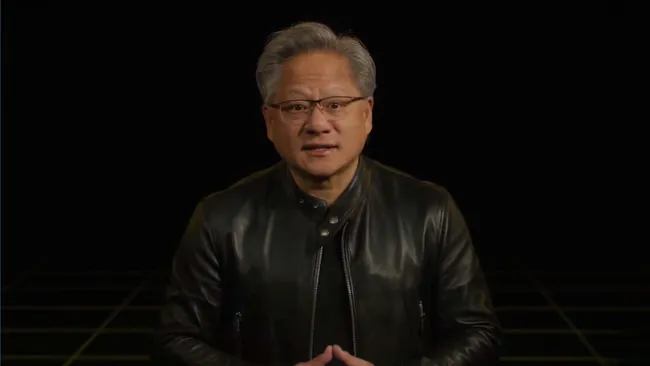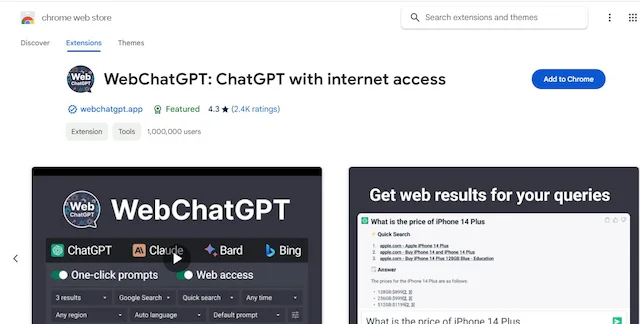The Future of Coding: Nvidia CEO Jensen Huang Envisions an AI Revolution
In a bold proclamation at the World Government Summit in Dubai, Nvidia CEO Jensen Huang has set the stage for a paradigm shift in the realm of coding education. Huang’s assertion challenges the long-standing belief that learning to code is a paramount skill in the tech industry, as he predicts that the rapid advancements in artificial intelligence (AI) will render traditional coding education obsolete.
The AI Leap: Redefining the Landscape of Coding Education
Huang, a visionary in the tech world, highlighted the transformative impact of AI technology on the coding landscape. With the rise of generative AI and natural language processing, the traditional approach of dedicating extensive time to mastering specific programming languages may become a thing of the past. Huang envisions a future where computing technology, powered by AI, will make coding accessible to everyone, describing it as the “miracle of artificial intelligence.”
Revolutionizing Interactions with Programming
The emergence of generative AI and natural language processing brings forth the potential for a profound shift in the way people interact with programming. Huang’s vision aligns with the idea that the need for traditional programming will be alleviated, opening up opportunities for individuals to engage with coding without the traditional barriers.
AI Programming and Skill Relevance
While Huang’s declarations suggest a departure from conventional coding education, he also emphasized the continued relevance of specific coding skills, particularly in the context of AI programming. He stressed the importance of upskilling and acquiring expertise in industries such as farming, biology, manufacturing, and education, highlighting these sectors as increasingly valuable for aspiring professionals in the evolving tech landscape.
The Language of Coding: Natural Language Processing
One of the intriguing aspects of Huang’s vision is the potential for natural language processing to advance to a point where individuals can code using their native language. This development underscores the dynamic nature of programming education, hinting at a future where language barriers in coding are significantly reduced or eliminated.
Paradigm Shift: Coding Education in Flux
In summary, Huang’s remarks at the World Government Summit signify a paradigm shift in the perception of coding education. The accelerating capabilities of AI technology are paving the way for a future where the emphasis on learning specific coding languages may give way to a broader focus on upskilling and leveraging AI programming in diverse fields. As the tech industry continues its rapid evolution, the narrative of coding education is poised for transformation, guided by the revolutionary potential of artificial intelligence.




